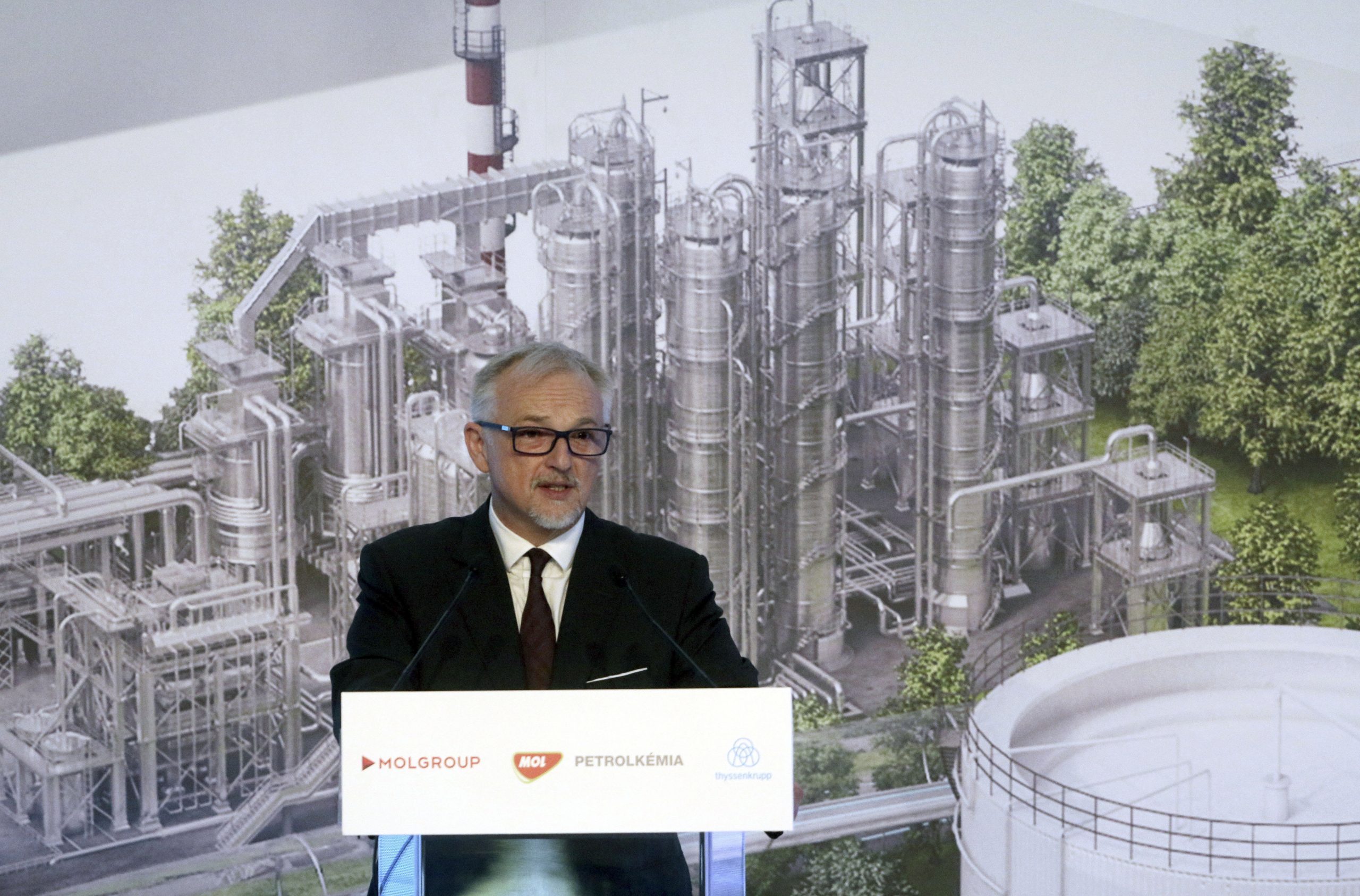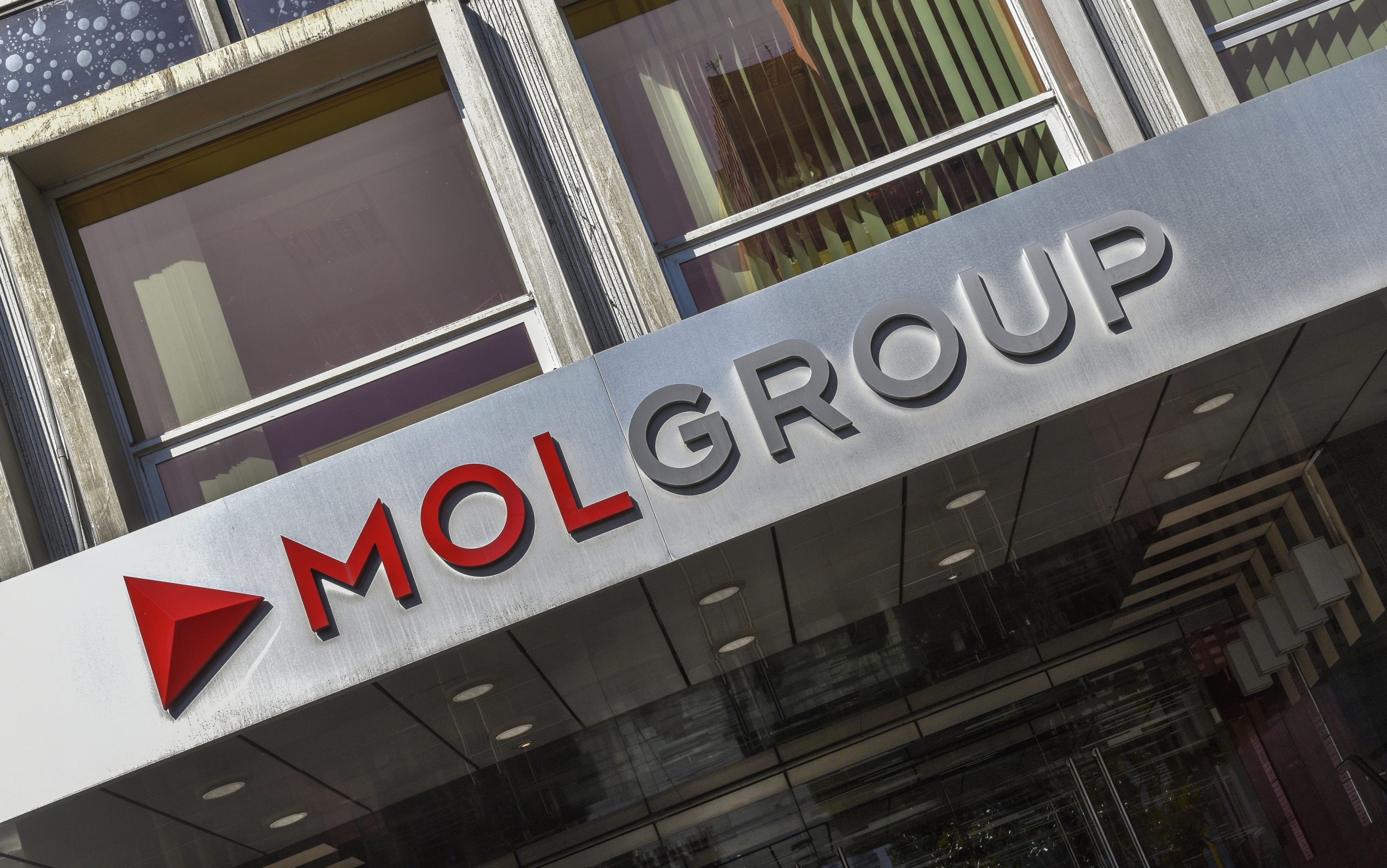
Reacting to the decision, MOL noted that Hungarian authorities as well as an international arbitration court earlier established that neither MOL nor its executives had committed any crime.Continue reading

MOL has won an arbitration case against the State of Croatia in a nearly nine-year trial before the International Center for Settlement of Investment Disputes (ICSID) in Washington, D.C. The verdict awarded MOL a total of about 236 million dollars including interest, the oil company announced Wednesday.
The most recent and final conviction against MOL CEO Zsolt Hernádi “contradicts” the international court’s findings and the Croatian judiciary should take steps to correct this, Pál Kara, senior legal counsel for the MOL Group, said Wednesday. They are confident that the Croatian side will comply with the law and abide by the rules of international law, which takes precedence over domestic law, he added.
In response to a question, the legal adviser said that this ruling has no impact on the international movements of Zsolt Hernádi and that there is no authority under the EU legal mechanism that can cancel the Croatian arrest warrant, only Croatia can do that. He added that in light of the verdict, an initiative could be taken to annul the arrest warrant, but that there is no precedent for this in international criminal law, and that the possibility of such a request is being examined.
Pál Kara pointed out that Croatia had damaged the interests of investors by, for example, deliberately failing to comply with the gas agreement signed in 2009. In addition, the country decided in 2014 that HEP (Hrvatska elektroprivreda), rather than INA, should carry out strategic storage. These measures essentially consisted of INA having to transfer the stored gas to HEP within an unreasonably short period of time at a depressed market price, which also violated the interests of investors and harmed MOL.
In the July 5th ruling, ICSID unanimously rejected Croatia’s defense that the 2009 contracts were the result of bribery.
According to the outcome, Croatia caused significant damage to INA and indirectly to MOL by failing to take over INA’s gas trading business despite its contractual obligations, and by failing to regulate gas prices and increase production royalties in accordance with the contract, causing MOL to incur losses of $167.8 million, the oil company wrote in a statement.
They added that the ICSID awarded an additional $16.1 million in damages for the forced sale of natural gas stored in a gas storage facility by INA subsidiary Prirodni Plin at depressed prices.
“Just like the UNCITRAL tribunal in 2016, this international judicial forum has also found the story of the crown witness of Croatia’s criminal proceedings to be weak and tainted with contradictions. Furthermore, the court has expressed strong doubts about the veracity and reliability of the witness in both arbitration and Zagreb criminal proceedings,” according to MOL.
Commenting on the ICSID ruling, Croatian Prime Minister Andrej Plenkovic said at a press conference on Wednesday that it was a long process that had taken eight years. MOL had initiated the case against the Croatian government in Washington in late 2013, alleging that Zagreb had failed to fulfill certain contractual obligations and commitments.
The sale of INA shares began in 2003, during the term of Prime Minister Ivica Racan, and various decisions were made during the terms of Ivo Sanader and Zoran Milanovic, Plenkovic recalled.
“We inherited the case and took the only possible way, which is to continue the proceedings and support the Croatian position,” he stressed.
Plenkovic indicated that the Croatian government received the decision of the International Center for Settlement of Investment Disputes (ICSID) late Tuesday night. The politician pointed out that the arbitration court in Washington had rejected most of MOL’s claims for damages in the MOL-INA case, recognizing only $184 million of the $1.1 billion claim. Croatia must pay part of the costs of the proceedings, about one million euros, as well as default interest in addition to the $184 million. He added that experts will now examine the 216-page document and decide on the next steps after the analysis.
Plenkovic recalled that the government had done everything possible to buy back the shares of Croatian oil company INA from MOL. Experts were consulted, an in-depth analysis of the takeover was conducted and an offer made to MOL, he said. “But our message was not accepted by the other side, they demanded much more money,” the Prime Minister said.
Featured photo by László Róka/MTI